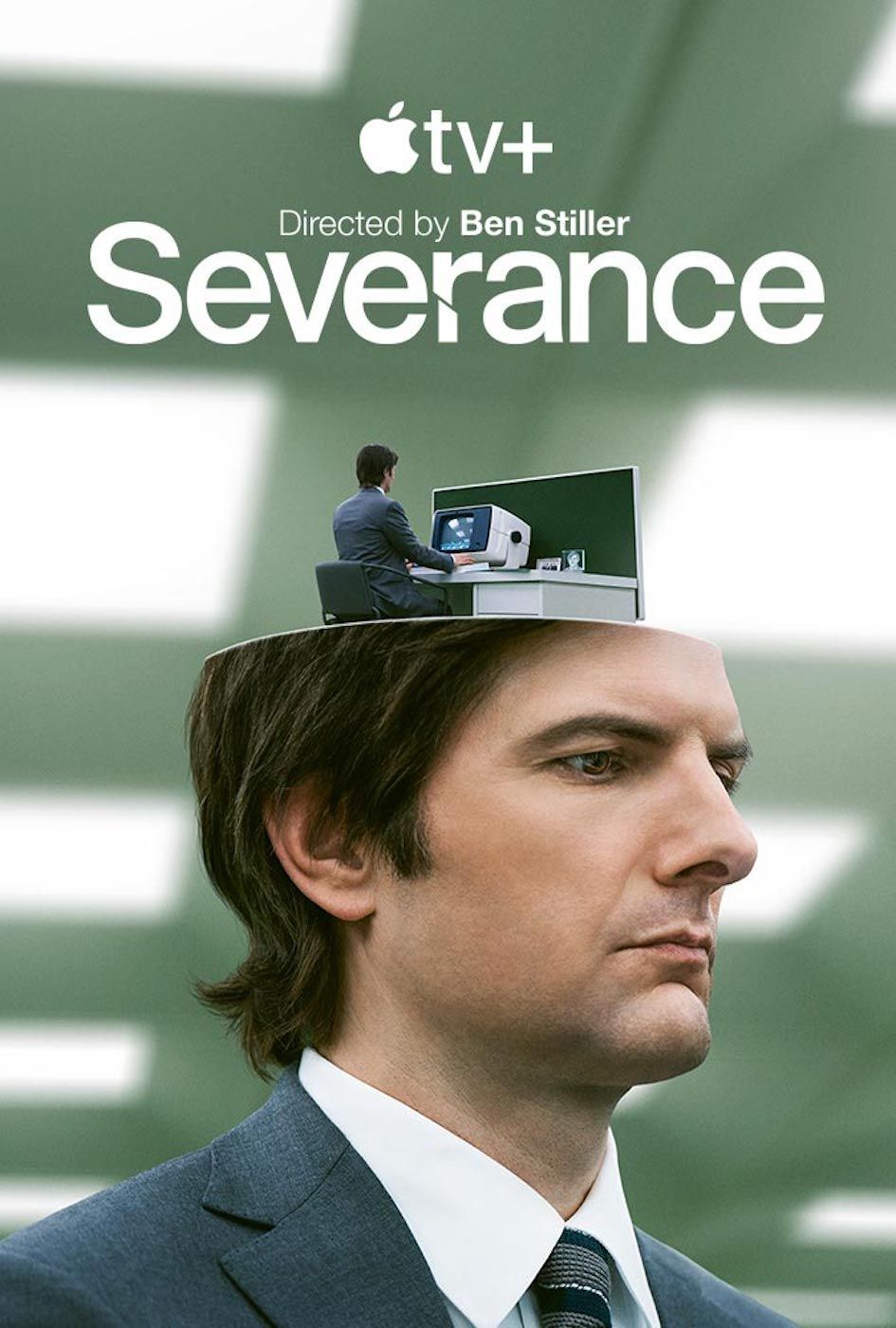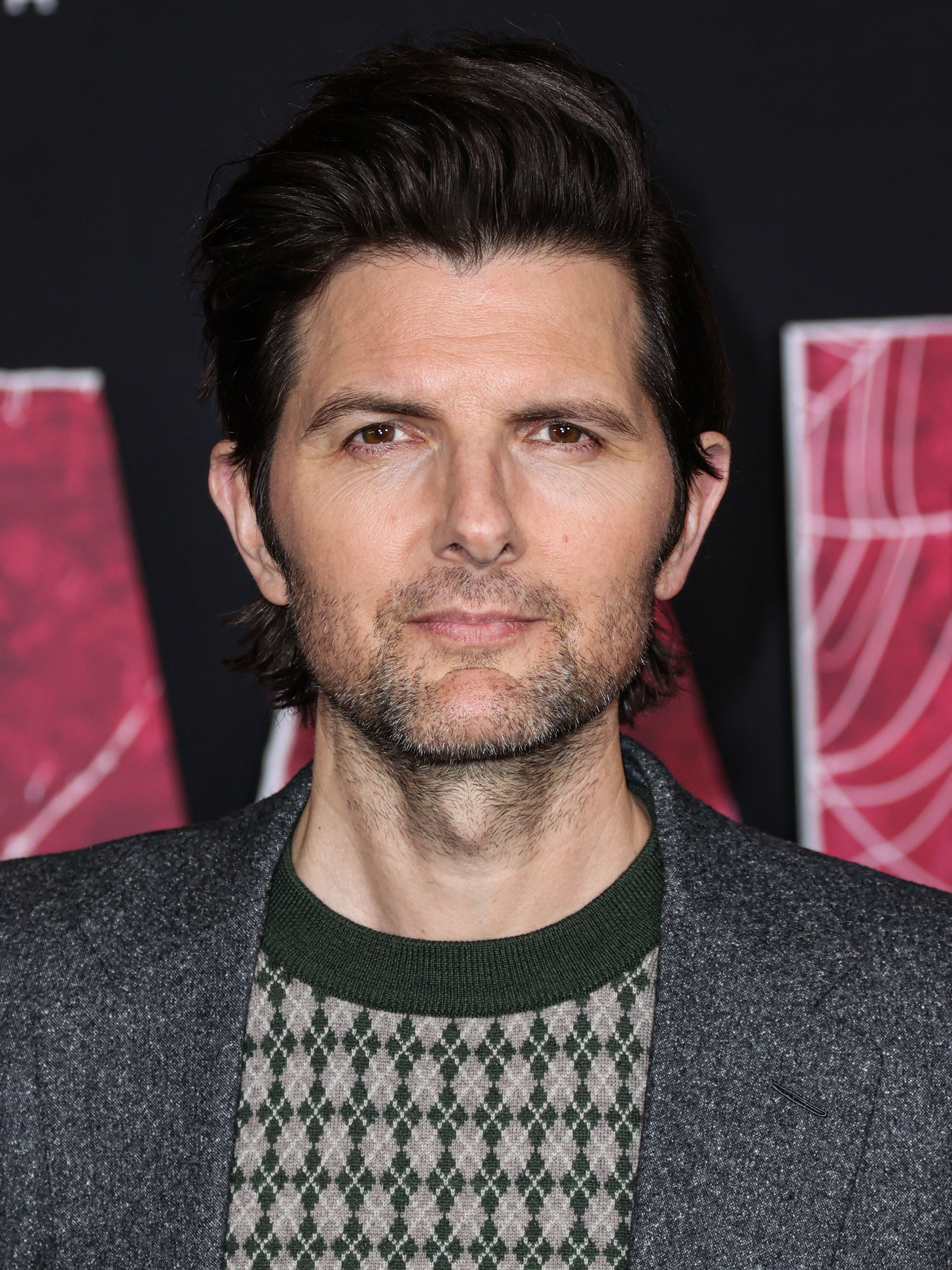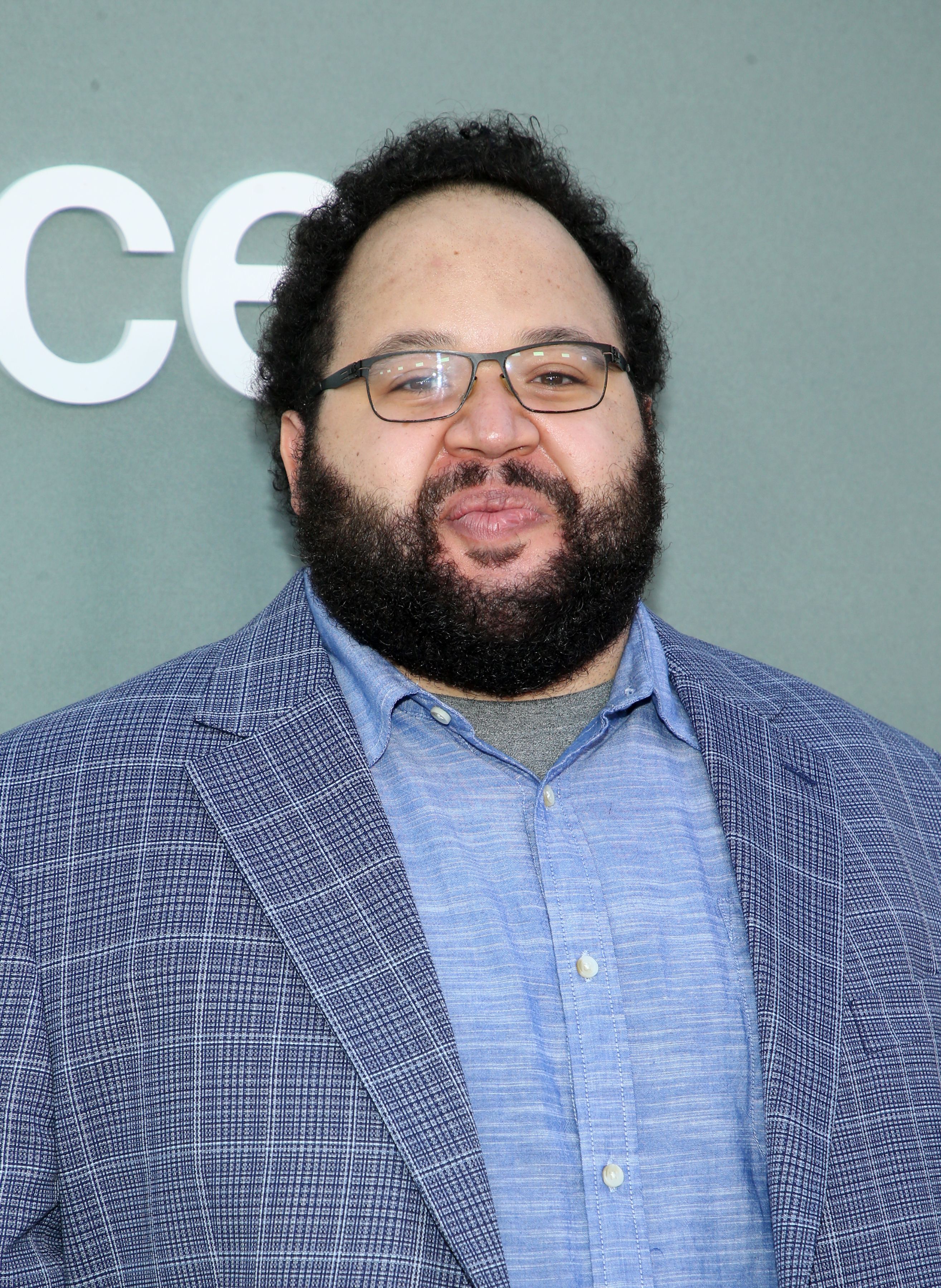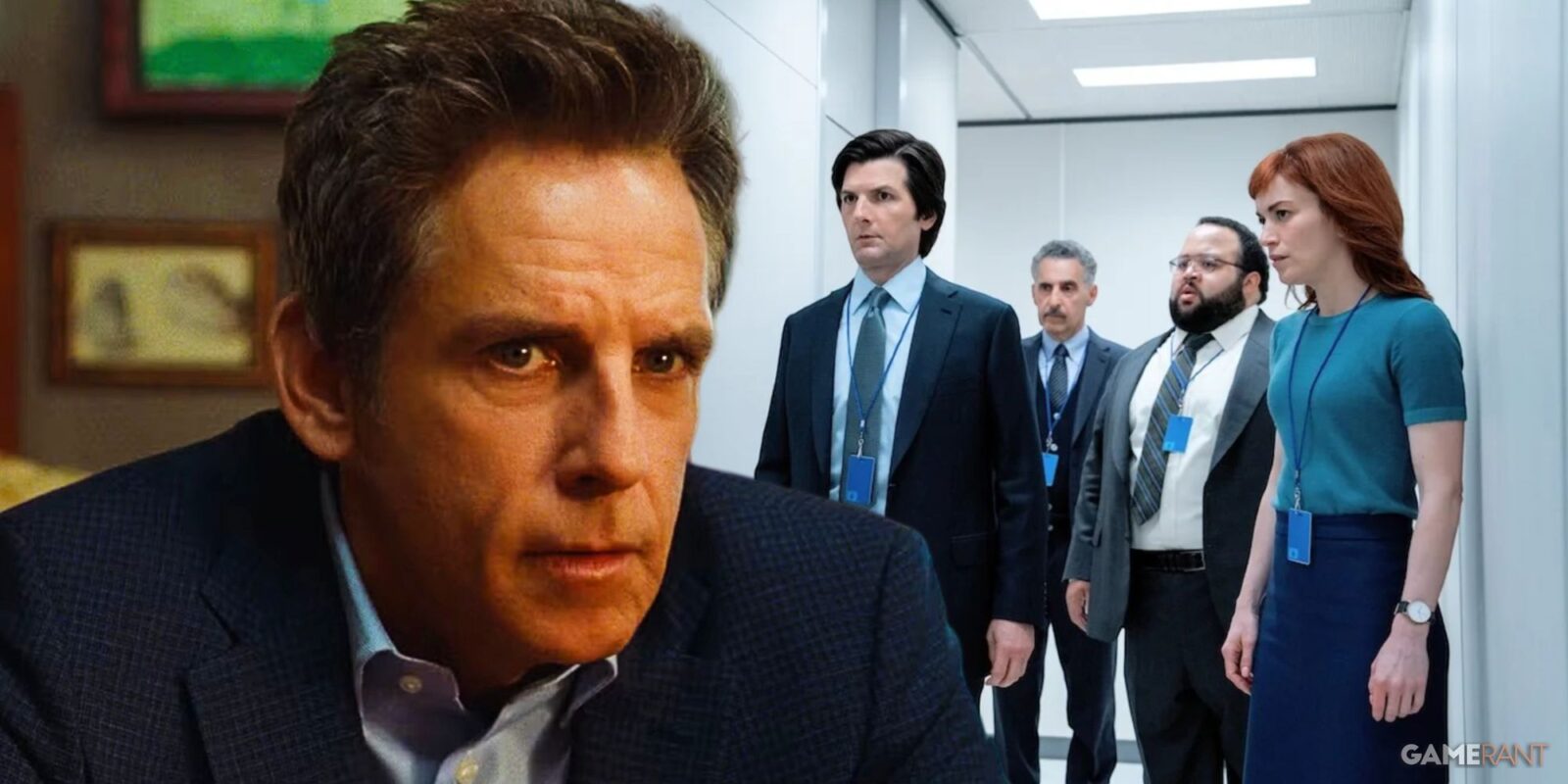Summary
- Ben Stiller avoids fan theories to protect Severance’s creative vision and avoid pandering to audience demands.
- Fan theories have negatively impacted shows like Game of Thrones, Lost, and Westworld by altering original plans.
- Creators should trust their instincts over fan feedback to maintain the authenticity and integrity of their storytelling process.
Ben Stiller’s simple-but-golden rule for Severance could explain why most other major TV shows end up disappointing their fans. The Apple TV+ series’ executive producer and director (of most episodes) shared insights into his process — something all major showrunners should take note of.
The much-anticipated finale of Severance season 2 premieres on March 21, 2025, and fans have been actively crafting their own theories about how it might go down. Ben Stiller, who is directing this episode as well, titled “Cold Harbor,” shared his thoughts on fan theories and their impact. These insights make a lot of sense for the future of television and streaming.

Related
Severance Just Proved Something We Kind Of Knew: We Know Nothing
What’s hard, but fulfilling, is realizing the series revealed certain truths from the beginning while leading viewers astray all along.
Ben Stiller Says No To Severance Fan Theories
Will It Protect The Show’s Creative Vision?
Ben Stiller made it clear that he’s actively avoiding all Severance fan theories. During a SXSW panel with Apple EVP of Services Eddy Cue, the director and executive producer discussed the dangers of catering to audience’s demands and how they can affect the creative process. While the 59-year-old filmmaker appreciates Severance‘s overwhelmingly positive reception, he worries that fan expectations could influence decisions and lead to criticism if the show doesn’t meet them.
It’s dangerous to go there, because there are so many ideas. I check in on some of the podcasts and usually listen until they say anything that’s critical of one of the episodes. Then I stop listening to them and never listen to them again.
Stiller’s comments highlight a common issue with some of the most successful TV shows. This rings especially true for massive fandoms like Game of Thrones, where viewers constantly speculate on upcoming episodes or seasons. While theorizing and fan fiction are important parts of TV culture, creators must ensure it doesn’t interfere with their organic storytelling process. With nearly three years between Severance‘s two seasons, it was inevitable that fans would develop theories about the inner workings of Lumon Industries and its employees.
How Fan Theories Can Ruin A Great TV Show
Past Victims Include Lost, Westworld & Game of Thrones
Fan theories were inseparable from Game of Thrones during its original run. Given how the final season ended up disappointing many, one might assume that the writers changed some twists just because a section of fans figured them out beforehand. This weakens the larger story purely for the sake of making it seem unpredictable. Ironically, George R.R. Martin once said that if fans figure out a writer’s plan, it’s a sign of good writing.
Lost and Westworld are also prime examples of how fan theories can hurt creative work. Lost was one of the first major shows to struggle with this issue. The show suffered because the writers created too many mysteries and changed direction too often, which led to a disappointing ending. Despite a groundbreaking first season, Westworld became too complex because the showrunners kept trying to stay ahead of fan theories. Some creators of these shows have even hinted or confirmed that they changed their plans because fans guessed key twists too early.
Severance Season 2 Finale Fan Theories
Forums like Severance’s dedicated subreddit have been flooded with theories about what might happen in the second season finale. Episode 7 confirmed that Gemma is alive and being monitored in the same Lumon building where Mark and the MDR team work. This naturally gave way to theories around what Lumon really wants to achieve or create, and why their work is so secretive.
Some predictions had already come true earlier this season, such as guessing that Helly R. was Helena Eagan, and that a severed person could be severed multiple times. Funnily, some fans believe Ricken is a goat’s Outie or an Innie, thanks to the goat-themed decor in his house and his strange friends from the first season. A more likely theory to come true is that the mysterious Cold Harbor project is about severing love, since love seems to persist despite severance.
Severance Is More Than Just Easter Eggs & Shocking Twists
Fan Theories Should Not Influence Series & Films
Ben Stiller’s strategy to avoid Severance fan theories might seem like a stroke of genius today, but in reality, it should be common sense. When a writer or showrunner starts considering alternate endings or fan interpretations before the story is even complete, it disrupts the organic narrative. Mystery sci-fi shows like Severance thrive on surprise and Easter eggs, but fans sometimes overanalyze minor details.
If a writer starts favoring fan theories over their own ideas, it can ruin the story’s flow. Changing a story because fans “figured it out” often ruins a show. Most viewers aren’t deep into fan theories; they just want a good story. In the end, a twist only matters if it still works on a rewatch. With Severance season 2, many theories predict big twists, but the show seems more focused on expanding its existing ideas rather than delivering shocking reveals.
The bottom line is that Severance, or any other TV show, film, or piece of media, is not a product that should be refined based on outside feedback. Test screenings and focus groups have become common in showbiz, but they shouldn’t be. Just as Ben Stiller trusts his own vision for Severance, all creators should rely on their instincts, instead of letting art become corporate.

- Release Date
-
February 18, 2022
- Showrunner
-
Dan Erickson, Mark Friedman
- Directors
-
Ben Stiller
- Writers
-
Dan Erickson
-

-

-

-

Tramell Tillman
Seth Milchick














Leave a Reply